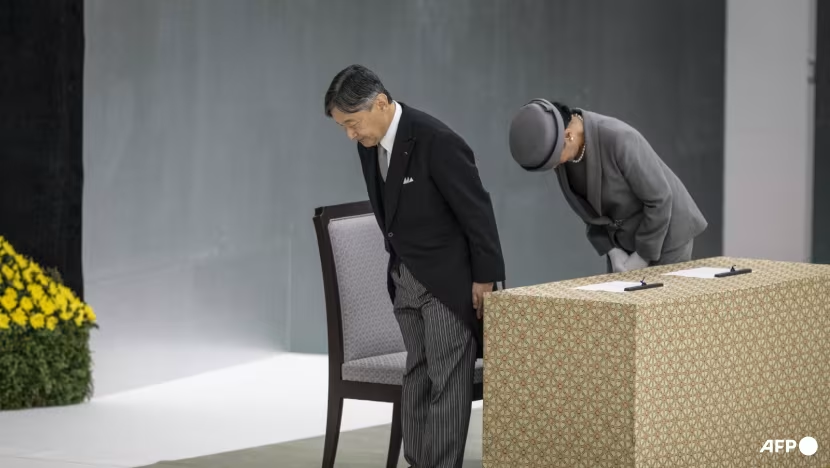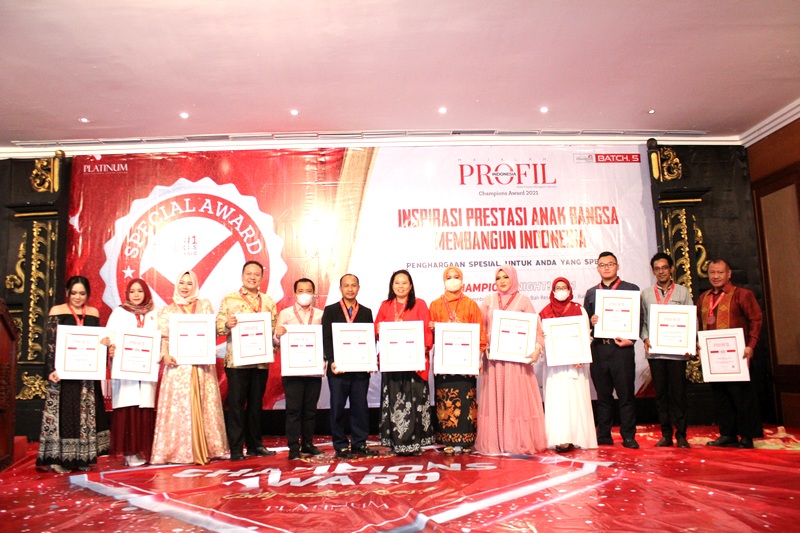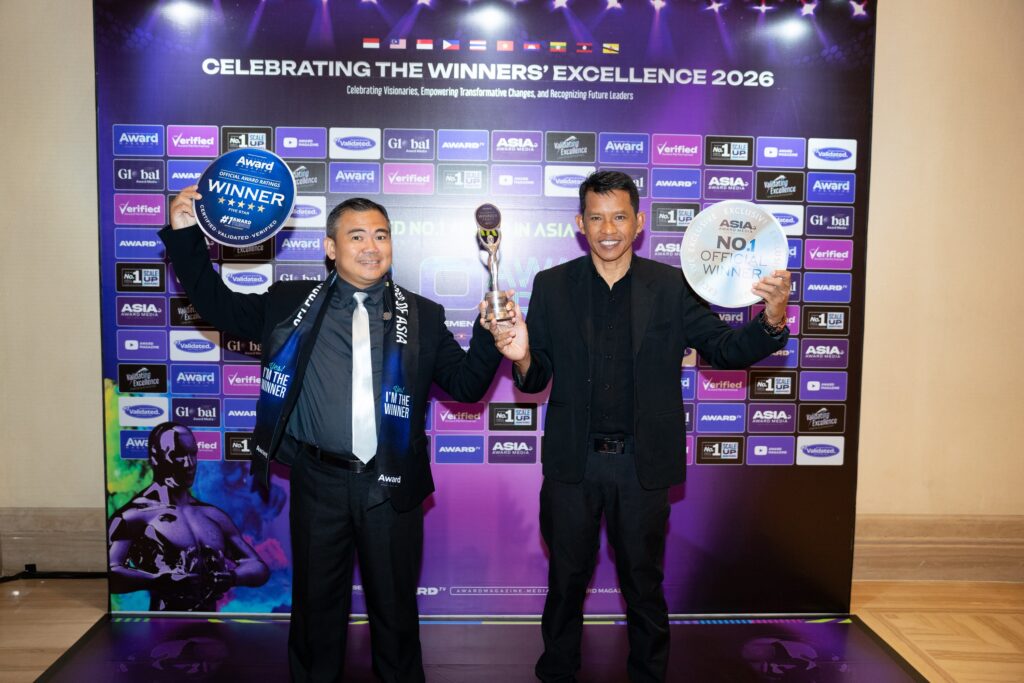Tokyo – Under sweltering summer heat, tens of thousands gathered in the Japanese capital on Aug 15 to commemorate the 80th anniversary of the nation’s World War II surrender. The solemn occasion was marked by Emperor Naruhito’s appeal for peace and reconciliation, even as visits by senior government officials to the Yasukuni Shrine revived longstanding regional tensions.
At the Nippon Budokan hall, Emperor Naruhito, joined by Empress Masako, voiced “a deep and renewed sense of sorrow” for those who perished. “Reflecting on our past and bearing in mind the feelings of deep remorse, I earnestly hope that the ravages of war will never again be repeated,” the 65-year-old monarch said. His remarks echoed those of his father, Emperor Emeritus Akihito, who made reconciliation a central theme of his reign.
Prime Minister Shigeru Ishiba, addressing the same memorial, pledged to preserve “the painful memories of war” and pursue peace across generations. Ishiba, known for his moderate stance, refrained from visiting Yasukuni but did send a traditional offering, highlighting the delicate balance Japanese leaders continue to navigate.
The Yasukuni Shrine remains at the center of controversy. While it honors 2.5 million war dead, it also enshrines convicted war criminals. The presence of Agriculture Minister Shinjiro Koizumi and Finance Minister Katsunobu Kato at the shrine this year prompted immediate diplomatic backlash. Beijing lodged a “solemn representation” with Tokyo, condemning the visits as an affront to countries that suffered under Japanese military aggression, while Seoul expressed similar concern.
Observers noted the complex political symbolism. Ishiba’s chief rival, Sanae Takaichi, a nationalist voice within the ruling Liberal Democratic Party, joined members of the populist Sanseito party at Yasukuni, underscoring divisions in Japan’s domestic political landscape. The optics are especially sensitive given regional flashpoints: tensions in the Taiwan Strait, territorial disputes in the East China Sea, and heightened U.S.-China rivalry.
Among the citizens in attendance, perspectives varied. Some saw Yasukuni as a space for reflection, while others, dressed in imperial army uniforms, sought to honor wartime sacrifice. The generational distance from WWII, coupled with contemporary conflicts abroad, lent the anniversary an added urgency. “We live in a moment when wars have broken out or are likely to break out in various places,” one attendee reflected. “So I came here to look back at what Japan has done, including its failures.”
Emperor Naruhito and his family are scheduled to visit Nagasaki next month, marking his first trip to the atomic-bombed city since his accession to the throne in 2019. There, they will meet survivors and honor the memory of those lost, reinforcing the monarchy’s role as a moral voice for peace.
Eighty years on, Japan’s war legacy remains unresolved, both at home and abroad. While the emperor’s words resonate as a call for humility and reflection, the political choices surrounding Yasukuni continue to complicate Tokyo’s regional diplomacy. The day’s events highlight Japan’s enduring struggle: reconciling its wartime past with its present role as a democratic, pacifist nation navigating an increasingly unstable world order.






